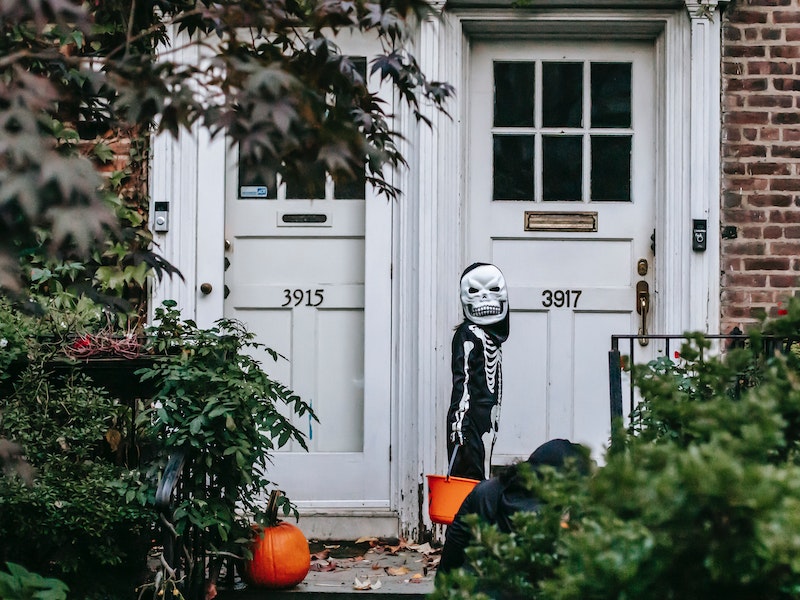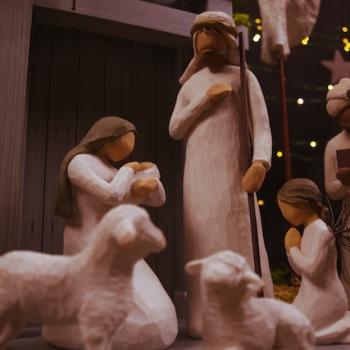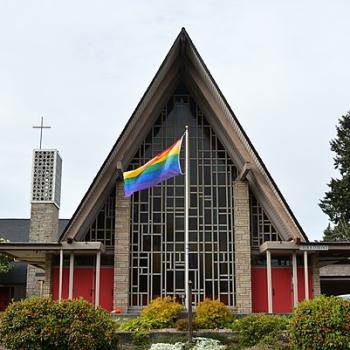It’s The Most Spooktacular Time of the Year
A mischievous spirit swirls through the crisp autumn air. As the afternoon sunlight splashes across the bright fallen leaves, a giddy anticipation fills the atmosphere. Parents line up to collect their children from school, and once that final bell rings, it’s go time. You ready your bowl of candy near the front door, hoping you’ve prepared enough.
Before you know it, you see them at the far end of the street. Crowds of colorful costumes parading up the sidewalk, laughter and screams of delight and faux-horror… all culminating in the ringing of your doorbell and a chorus of young, masked or made-up faces shouting “Trick or Treat!”
Halloween. What a fabulous holiday.
I understand the aversion some people of faith (Christian and otherwise) have to Halloween, but I don’t share it. Obviously, dentists have some legitimate critiques. And on the especially frigid Halloween evenings, I don’t relish shuffling through the bitter cold, ordering my reluctant children to keep their coats on though it renders their costumes invisible.
But from a theological perspective, I love Halloween, a secular holiday with some pagan as well as Christian origins. Its spiritual value comes partly from its secularity, since it’s open to everyone. Halloween in its contemporary form is about welcoming the stranger, seeing the human face behind the villain, and, ultimately, meeting fear with love.
Welcoming the Strange and Stranger
Think about it.
When else can you show up on anyone’s doorstep and expect a smile and a treat just for ringing a doorbell?
Even more delightful is the happiness of children and youth and fun-loving adults who feel most genuinely themselves as they rock out (or spook out or geek out or glam out) dressed up as their favorite character, animal, or mythical creature.
Halloween is a celebration of the imagination, where the weird, wild, and whimsical are allowed to cavort freely for an evening. From the toddler who finally gets to unleash her inner dragon to the teen who relishes the chance to deck out in full Comic-Con gear, Halloween facilitates creativity and self-expression like almost nothing else. For some, the Halloween “costume” is a far more authentic expression of the inner self than everyday wear.
Imagine being a shy child, upper-elementary or middle school age. You have a secret love for dinosaurs or Disney princesses, but you’re afraid it’s no longer “cool” to indulge these interests in fantasy play. Yet on Halloween, you let your inner passion out and come to school sporting an inflatable T-Rex or a full ball gown. And your classmates find it awesome! You might even make a new friend, bonding over something you never knew you shared.
Halloween can open new doors, and not just the kind with candy behind them.
On any other day of the year, walking around in costume would draw stares and finger pointing. On October 31st, it draws compliments and appreciation. There’s a spirit of friendliness in the air as the strange and stranger are welcomed and fed.
The Child of God Within The Devil
But what about the extra spooky, terrifying, or downright wicked costumes? Where is the redeeming value in reveling in the frightening and evil?
Some people object to the more diabolical costumes. But there’s a lesson to be learned in greeting the demons on our doorsteps.
When the devil rings your doorbell, you know that it’s not a devil at all. It’s a human being just like you. In fact, it’s another child of God.
What if we could see the face of God in every so-called “enemy,” not just on Halloween but every day of the year?
What if Halloween reminds us that behind the frightening façade, there’s a person?
Devils and demons are not supernatural beings. The “Satanic” spirit is the spirit of accusation, blame, and demonization. To hate and condemn another is to shun the voice of Love – of God – within ourselves and deny the image of Love within the other.
True evil lies in demonizing and dehumanizing others. Racism, sexism, queerphobia, xenophobia … all the monstrous projections that are foisted onto others sap the humanity from those who wield them.
But Halloween subverts demonization. It is the most anti-judgmental, anti-condemnatory holiday there is. People can be their most free, outrageous, playful, wacky, and wild selves without fear. Fear itself is de-fanged, subverted into a plaything.
If we know on Halloween night that the monsters who walk among us are really just people like us, maybe that can help us remember that nobody is really a monster. Maybe if we can so easily slip on a devil’s costume, we can also remember how easy it is to become a devil by condemning those we don’t know. Maybe a night of fake demons can help us remember not to give in to our own inner demons by demonizing others.
Meeting Fear With Love
What do we do with the demons on our doorstep?
We feed them candy, of course.
We answer the fear inside us with love.
What if Halloween can teach us to love our enemies, first by reminding us that they are human and then by giving us practice in responding to fear with generosity?
We might not give our rivals and enemies candy, but maybe a night of greeting demons can help us sit at the same table with those we demonize and those who demonize us and work things out on a human level.
A fun night of loving demons should be part of our conditioning to love our enemies.
I’m not naïve. I don’t think wars will be solved by a night of trick-or-treating. But I do think Halloween can condition us in acceptance, kindness, and welcome. And that can make a powerful difference.
Happy Halloween!
Image: Free image by Charles Parker via Pexels.com













